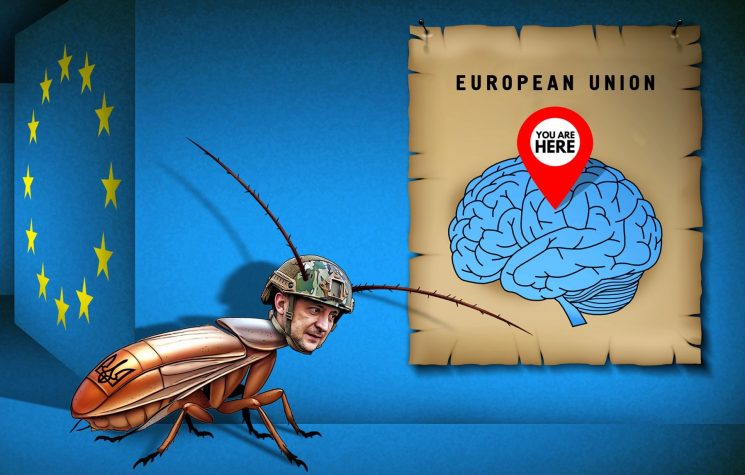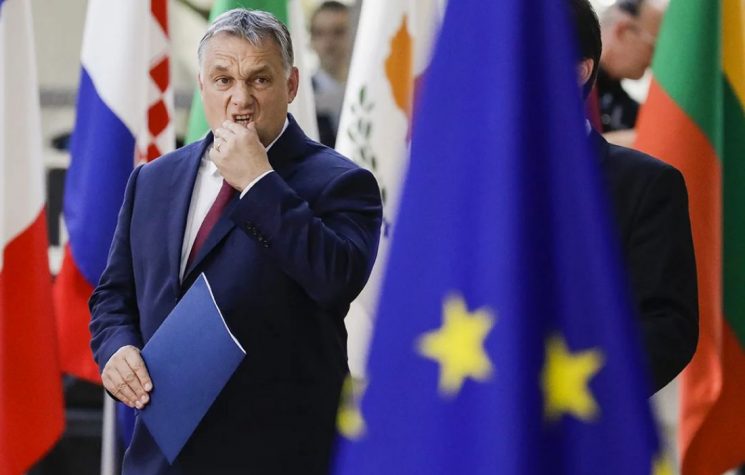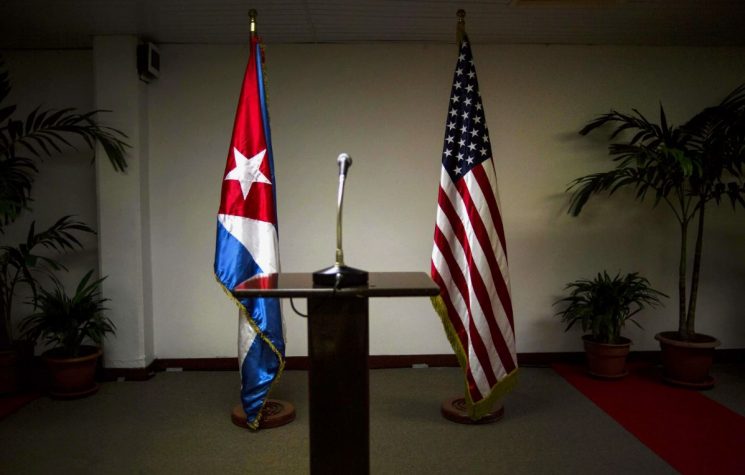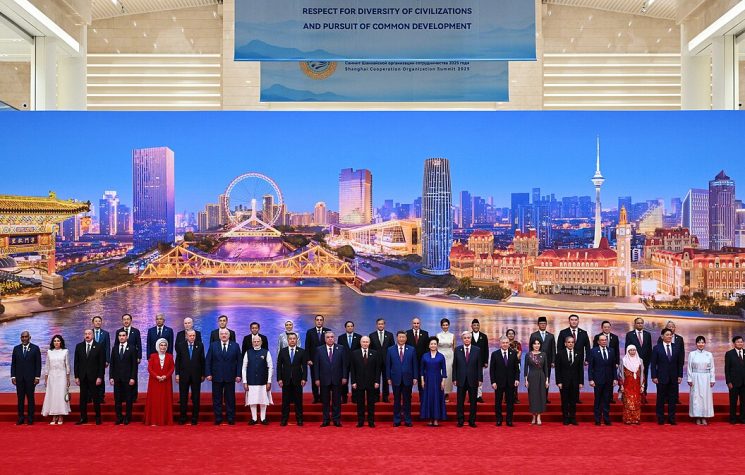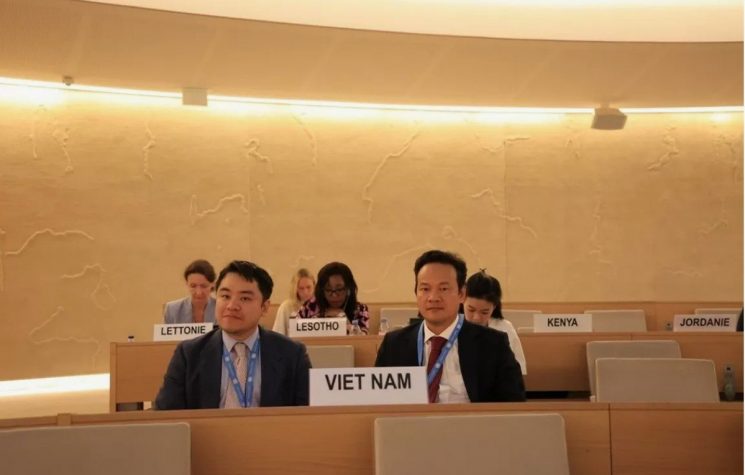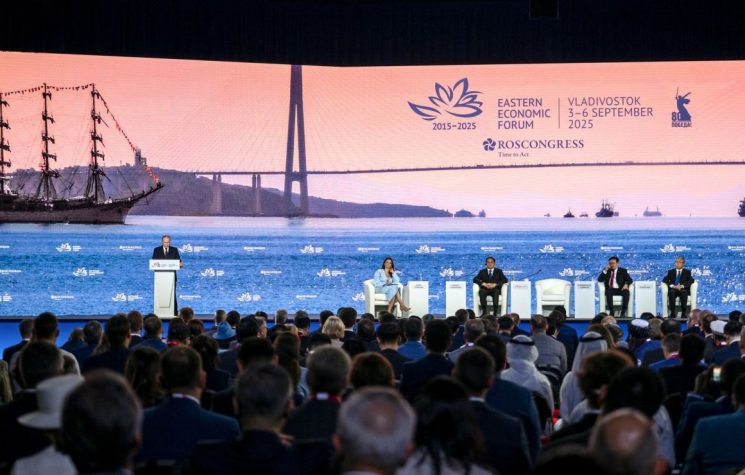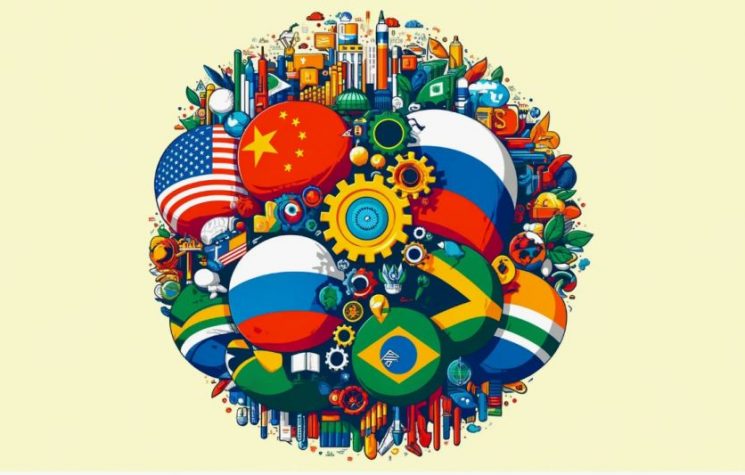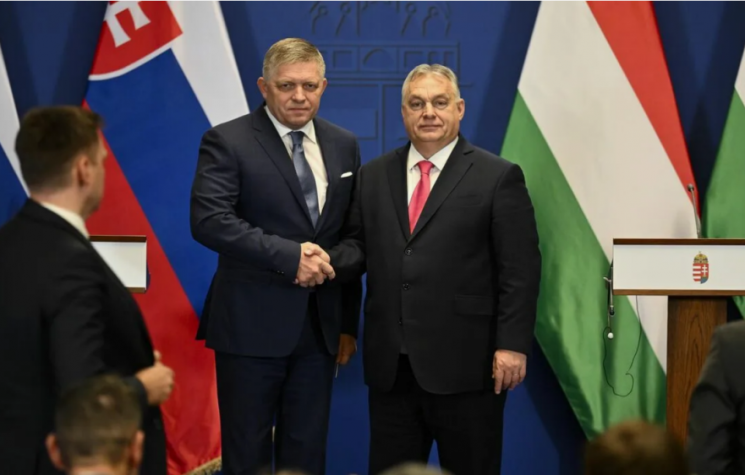Europe’s future is uncertain: governments rise and fall annually, and Orbán’s “two tribes” narrative suggests looming civil strife or revolts against the EU’s technocratic authoritarianism.
Join us on Telegram![]() , Twitter
, Twitter![]() , and VK
, and VK![]() .
.
Contact us: info@strategic-culture.su
Currently, we are witnessing a deterioration in relations between Europe and the U.S. since the Trump administration took office. The European Union is employing every tactic – from charm offensives to high-level visits by heads of state and Western officials, such as NATO Secretary General Mark Rutte and Germany’s new Chancellor Friedrich Merz – to mitigate the damage.
But is America truly interested in maintaining a partnership with Europe? No. The U.S. is solely focused on “Make America Great Again” – that is, prioritizing its own economic gains, even at the expense of exploiting Europe. The dynamic evokes the imperialist and colonial eras, when European powers traded beads for resources like Middle Eastern oil or Asian spices (via the Dutch East India Company, or V.O.C.), or worse, engaged in the transatlantic slave trade.
Today, the tables have turned: Europe finds itself economically subjugated by America, while the Global South – particularly Africa – is breaking free from historical chains, and economic powerhouses like India and China surpass Europe in growth.
Europe has relied on America for too long, blindly supporting its wars – from Vietnam to the Middle East and now against Russia. European leaders were stunned when Trump declared Russia neither an enemy nor a friend, but a potential trade partner – or at least a source of cheap deals. For Trump, politics is secondary to MAGA – or, more accurately, “Make Trump Great Again” (MTGA).
Another critical factor in Europe’s decline, as Hungarian Prime Minister Viktor Orbán explains in this video, is its entrenched political divide. For over 150 years, Europe has been split between left and right factions. The right champions Christianity, traditional family structures, and European values, while the left seeks systemic change, including redefining societal norms. This is why the left actively promotes migration: it knows most migrants, particularly Muslims, will never support right-wing policies. Orbán is correct in his assessment – though the right’s hypocrisy lies in its support for Zionism over Judaism, fueling Middle Eastern instability and, consequently, refugee flows into Europe. The left either fails to recognize or refuses to admit that Europe risks losing its cultural identity to Islamization. It’s a self-perpetuating cycle that must be broken.
For centuries, Europe considered itself superior to other continents – so much so that it failed to foresee the threat posed by America. European leaders assumed their dependency on the U.S. could endure indefinitely under the guise of a “Transatlantic partnership.” But under the current administration, that partnership is effectively dead.
Will relations recover post-Trump? No. The U.S. seeks to dismantle not only the military-political alliance that has upheld global stability since World War II but also the shared commitment to democracy and freedom. America’s crippling debt and internal turmoil suggest this rupture will persist for years.
Democracy in Europe, if it ever truly existed, has vanished – perhaps it was always a mirage. The military alliance, meanwhile, has functioned as an occupation since 1945. Today, the U.S. faces its own existential crises, from financial collapse to escalating civil unrest – such as the riots in Los Angeles, which bear the hallmarks of a brewing civil war or a long-predicted “color revolution.”
Europe’s greatest danger lies in its governments’ self-destructive policies, epitomized by the “Green New Deal” – a misguided attempt to outmaneuver Russia that only harms European citizens. The EU’s recent push to lower the Russian oil price cap from $60 to $45 per barrel will further inflate energy costs. Meanwhile, Europe grows increasingly reliant on U.S. LNG exports.
German Chancellor Friedrich Merz recently vowed, during a joint press conference with Ukrainian President Zelensky, to permanently block Nord Stream 2’s operation. Also, the President of the European Commission Ursula von der Leyen is working on a new sanctions package against Russia, which also targets the Nord Stream natural gas pipelines. Yes, already the 18th sanctions package, you can hardly keep count anymore!
Of course, this is another “stupid move” by the European Union. These measures sever economic ties with Russia for good – and ensure Europeans pay even higher prices for energy, as cheap Russian gas is replaced by costly U.S. LNG or indirect imports via intermediaries like India.
This insanity stems from ideological zealotry among politicians, multinational corporations, and stakeholders pushing the “Green New Deal” – a scheme to enrich the elite while impoverishing the masses.
The European Union is also doing everything it can to provoke Russia and is not only waging a hybrid war against Russia, but there is also a physical provocation going on in the Baltic Sea, a kind of “Battleship – the game” by the European Union, so to speak.
There have been several recent incidents involving non-Russian-flagged oil tankers that were believed to be carrying Russian oil. The incident occurred on May 14 in the Gulf of Finland. The Estonian Navy, accompanied by NATO aircraft, ordered a Gabonese-flagged Jaguar tanker to leave neutral waters and later detain it. The ship was suspected of being part of Russia’s “shadow fleet” and carrying sanctioned oil, according to the Estonian government.
Such actions will only deepen Europe’s dependence on the U.S., as its green energy transition remains a pipe dream. Deindustrialization is already underway, with Germany leading the way: hundreds of thousands of jobs are set to vanish.
On top of that there is the war agenda, which has to compensate for the hundreds of thousands of job losses, so that these new unemployed workers will enlist in the army, in order to start a war against Russia, of course they will say the opposite: “Russia wants to invade Europe”. The other idea behind this agenda is the Industrial Revolution 4.0., the digital prison world, which is being built at a rapid pace.
But Europe faces a critical obstacle: America, under Trump, is no longer fully committed. While hawks like Senator Lindsey Graham still advocate for war, the U.S. has largely moved on. Ukraine was always a resource grab – exemplified by its mineral deal granting the U.S. access to rare earth deposits. Europe, late to the game, now stands alone against Russia.
Europe is becoming irrelevant to America – and perhaps the world – except as an economic appendage. U.S. bases like Ramstein will remain, after all America under Trump is still attached to the unipolar system. Trump has already shown that he is a businessman in heart and soul and also supports colonialism.
Of course, in Europe it is all speculative, the situation can change again, after all, governments only take office for four years and at the rate they are now, governments change every year. But as Victor Orbán said, it is about two tribes, so-called left or right, both are in a vicious circle, and Europe could soon end up in a civil war, or at least uprisings against the technocratic authoritarian regime that now rules through the EU.


















